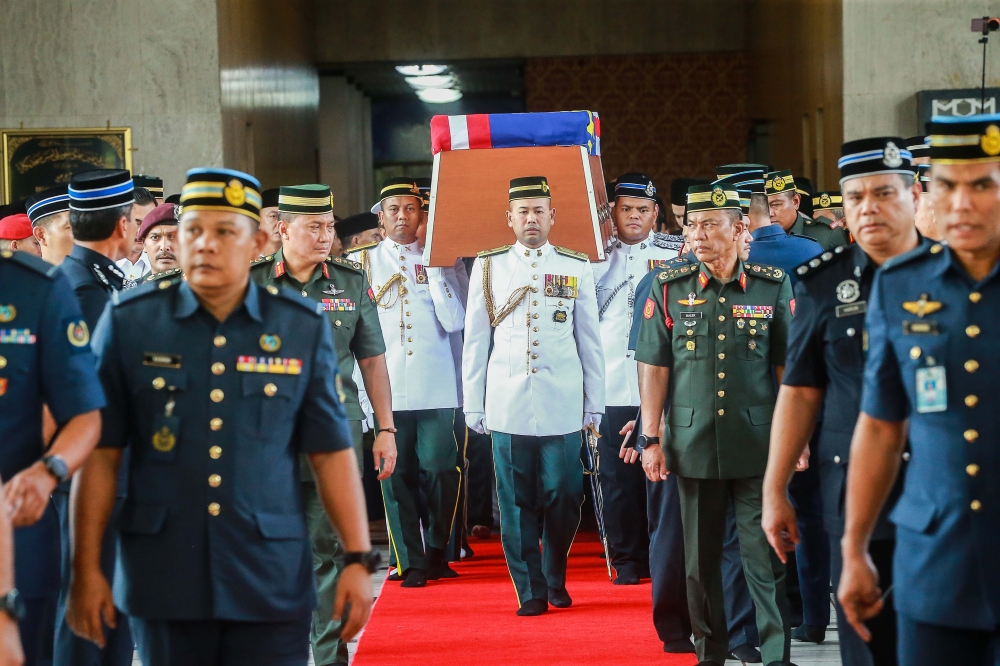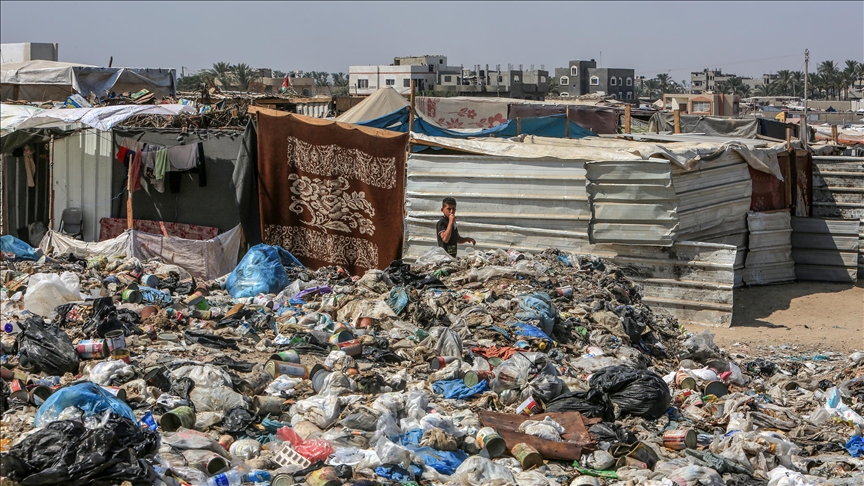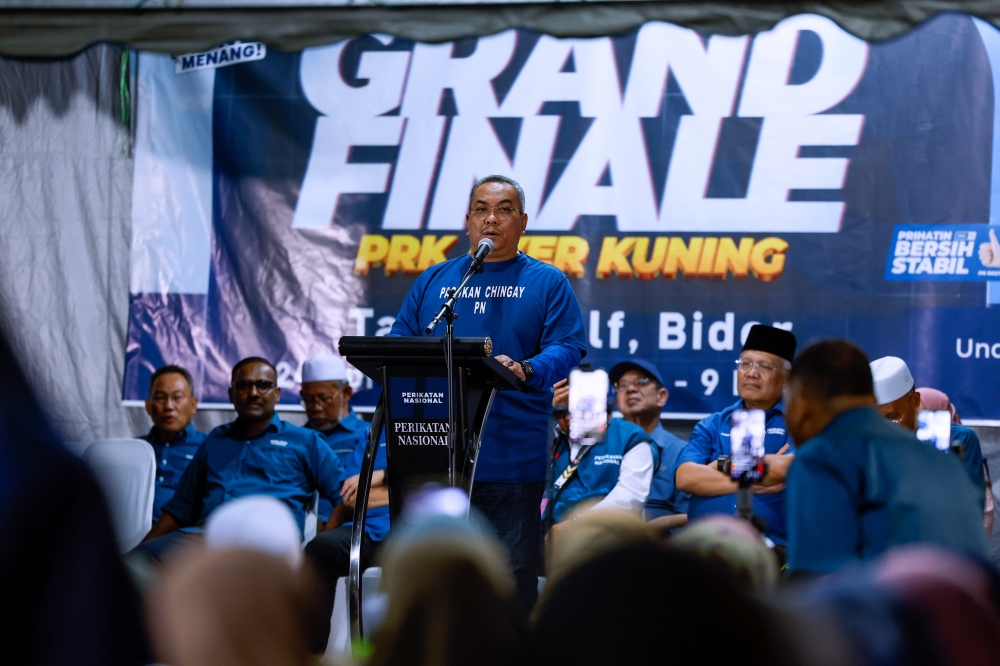APRIL 25 — Former (fifth) Prime Minister of Malaysia (2003–2009) Tun Abdullah Ahmad Badawi — affectionately known as “Pak Lah” — was a gentle and soft-spoken man but led his nation with strength, dignity, humility, and a deep sense of moral responsibility.
His legacy endures not only in public policy but in the quiet power of his presence, his character, and his humanity.
Tun Abdullah governed Malaysia during a time of transition and promise.
His tenure was marked by a gentler, more inclusive form of leadership — one that offered a striking contrast to the hard politics we see today.
He articulated a vision of Islam Hadhari, a forward-looking and inclusive philosophy that emphasised knowledge, economic progress, social justice, and interfaith harmony. It positioned Malaysia as a global leader in principled and progressive Muslim leadership.
As a reformer, Tun Abdullah prioritised clean government, institutional reform, and human capital development.
His leadership fostered trust and transparency, championing civil service transformation, anti-corruption measures, and balanced growth.
Even after relinquishing office, he left behind a standard for decency, modesty, and sincerity rarely matched in public life.
I had the honour of meeting Tun Abdullah on multiple occasions that continue to resonate with me, not only for their historical significance but also for the personal wisdom and warmth they embodied.
I first met with Tun Abdullah when I was still the Global CEO of HSBC Amanah, i.e. when Tun Abdullah came to the East London Mosque (ELM) – London Muslim Centre (LMC) for Jumu’ah prayers in July 2004 – the mosque brimmed with over 10,000 worshippers.
I was honoured to welcome him and introduce him to East London’s vibrant and diverse Muslim community.
As we waited in the foyer, I told him that the stone laid beneath us had come from Jerusalem, via Jordan. He paused and gently said, “Iqbal, I have never touched anything from Jerusalem.”
He then bent down, touched the stone with reverence, and placed his hand on his eyes and heart.
Members of his Cabinet, witnessing this moment, instinctively followed suit. It was a profound gesture — a statesman’s quiet communion with the sacred.
My next encounter with Tun Abdullah was on Merdeka Day on August 31, 2007, marking Malaysia’s 50th year of independence.
As a guest of a programme around the 3rd Khazanah Global Lecture hosted by Khazanah Nasional Berhad (which he chaired), I was honoured to witness and participate in a historical milestone for Malaysia.

Armed Forces carrying former prime minister Tun Abdullah Ahmad Badawi’s body to be laid in rest in the Heroes’ Mausoleum here at National Mosque. — Picture by Sayuti Zainudin
The atmosphere was electric — an inspiring blend of national pride and cosmopolitan inclusivity. It was a reflection of his vision: a confident, modern Malaysia rooted in its heritage but open to the world.
That entire celebration bore Tun Abdullah’s hallmark — humility, unity, and quiet conviction. I left feeling not only moved but inspired by the leadership emerging from Malaysia under his guidance.
The following year, Tun Abdullah invited me for lunch at the Prime Minister’s Box during the 2008 Formula 1 Petronas Malaysian Grand Prix at the Sepang International Circuit.
Even in such a dynamic setting, his hospitality reflected deep values — there were prayer arrangements, a quiet meal, and an absence of ostentation. We spoke about fostering Gulf–Malaysia investment ties and the state of the global ummah.
Years later, after Tun Abdullah stepped down from office, I was contacted by Tan Sri Azman Hj. Mokhtar to help arrange a visit for Tun Abdullah to the world’s largest organic shrimp farm in Al-Lith, Kingdom of Saudi Arabia. It was scorching hot, yet he insisted on personally shaking hands with every worker.
When I suggested he rest, he replied, “They stand in this heat from morning to evening for their company. I can stand for a little while to honour them on behalf of Malaysia.”
That single act — of empathy, humility, and honour — epitomised his soul. He was never one for theatrics, yet every gesture he made spoke volumes.
Tun Abdullah Ahmad Badawi reminded us that leadership is not about domination, but about service. That power is not about spectacle, but about doing what is right — even when it is hard.
To me, and to many others privileged to know him or witness his leadership, he embodied the Prophetic virtues: patience, compassion, humility, and justice.
He has returned to his Lord, but his light endures.
Al-Fatihah.
* Iqbal Khan is CEO, Fajr Capital Group; recipient of the 2012 Royal Award for Islamic Finance and Trustee of East London Mosque and London Muslim Centre.
** This is the personal opinion of the writer or publication and does not necessarily represent the views of Malay Mail.






